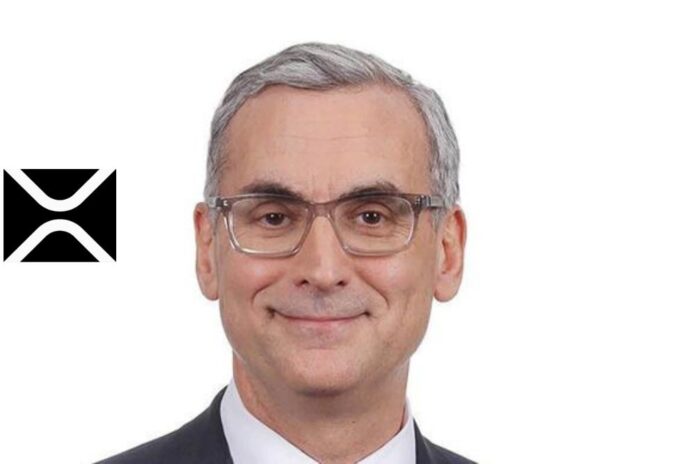Stuart Alderoty, the Chief Legal Officer (CLO) at Ripple has addressed the many questions raised by members of the XRP community following the deliberate exclusion of XRP from the recently launched Ripple’s business-to-business (B2B) crypto liquidity API solution.
On April 13, Ripple Liquidity Hub which provides businesses with a simple and seamless way to manage their modern crypto liquidity needs was launched.
Surprisingly, the San Francisco-based crypto solutions company which has been battling with the U.S. SEC in court since 2020 to prove that XRP isn’t a security, failed to support XRP in its latest and groundbreaking project. Whereas it supported several other crypto assets including Bitcoin (BTC), Litecoin (LTC), Ethereum Classic (ETC), Bitcoin Cash (BCH), Tether USD (USDT), and USD Coin (USDC).
Accordingly, there have been diverse reactions and concerns from the XRP community with some claiming that the Silicon Valley tech company could be abandoning XRP due to pressure from the lingering SEC case. As published, a certain user publicly condemned Ripple’s selling of XRP to generate revenues, stating that its escrow account XRP tokens will find better use in the B2B crypto liquidity solutions.
In response, Ripple updated that its major reason for not including XRP in the Liquidity Hub project is that the XRP Ledger native token lacks regulatory clarity. But to give more reasons for the company’s deliberate decision, Ripple General Counsel Stuart Alderoty took to Twitter today to make some clarifications.
Alderoty began by noting that Liquidity Hub is an enterprise or institutional product, and not just for retail purposes. He added that there is little liquidity for XRP in the United States, adding that Ripple Liquidity Hub will integrate XRP when there is regulatory clarity over the asset and sufficient liquidity for customers to access.
“Our product team has been very clear – Liquidity Hub was built to access all kinds of crypto liquidity, not just XRP,” he said, adding that the company’s target Liquidity Hub customers which are mainly institutions in the United States want access to a variety of tokens like BTC, ETH, and stablecoins and not embattled coins like XRP. “We’re here to serve customer demands,” he wrote.
Follow us on Twitter, Facebook, Telegram, and Google News



